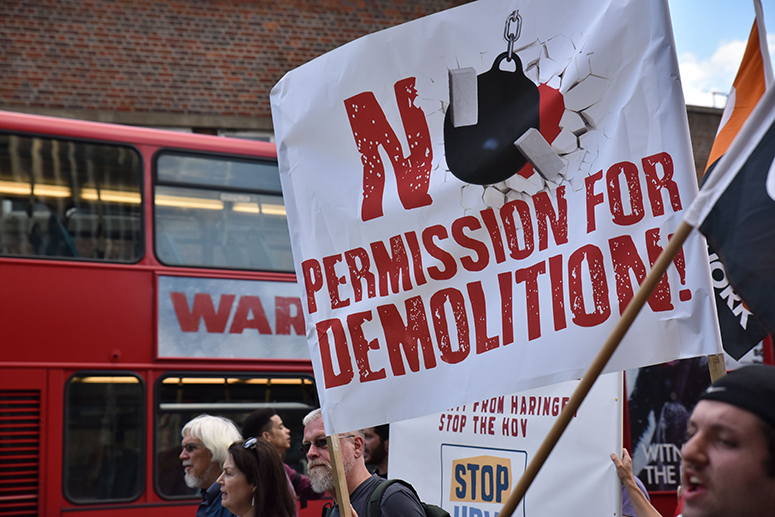How to end the planning/property standoff
Recently, I opened the London Real Estate Forum by airing an issue that is often discussed only privately: that public trust in the planning system and the property industry is deteriorating, writes Craig McWilliam, chief executive, Grosvenor Britain and Ireland.
Over the summer I have seen a growing polarisation of the debate on planning, housing and developers, manifested in negative headlines, high-profile speeches or politically-charged planning refusals.
We feel this sea change in sentiment most in areas of acute need where the pressure on space is severe – and no more so than in London. The result is too often a standoff between communities, developers and local authorities that slows or prevents action.
Recently, I opened the London Real Estate Forum by airing an issue that is often discussed only privately: that public trust in the planning system and the property industry is deteriorating, writes Craig McWilliam, chief executive, Grosvenor Britain and Ireland.
Over the summer I have seen a growing polarisation of the debate on planning, housing and developers, manifested in negative headlines, high-profile speeches or politically-charged planning refusals.
We feel this sea change in sentiment most in areas of acute need where the pressure on space is severe – and no more so than in London. The result is too often a standoff between communities, developers and local authorities that slows or prevents action.
I was asked recently if tackling this issue is too big a nettle to grasp.
The one thing I know is that doing nothing is not an option: old homes become obsolete; fewer new homes are built; infrastructure becomes unfit for purpose and the space for new jobs, schools and public spaces is not delivered. The result? Quality of life in our cities deteriorates.
For some, systemic paralysis is preferable to compromise. I feel there must be an alternative.
Taking a hard look in the mirror
If we accept we face a profound problem, the first step is committing to changing the way we act to unlock the standoff.
In the past, we at Grosvenor, like many, have not worked hard enough with communities to create solutions that work for locals and their cities. For too long we have failed to articulate or communicate the benefits of our investment.
Partly because of this, the benefits of the places we create are rarely associated with our actions. Developers are perceived to be the problem, rather than part of the solution.
So we will have to do more to meet the public’s aspirations for the local benefits of private investment and explain our purpose more openly, highlighting the wider contribution our work makes.
Pragmatism, honesty and creativity
However, the answer doesn’t, and can’t, come from our industry alone. The public and the public sector have a big part to play.
Today’s debate on development is poor, binary and often commandeered by minority voices making simple assertions that mask the boring but complex reality.
Public sector leaders must play a more effective role, talking candidly about the benefits that change can bring but also the hard choices, often between competing benefits, that they and a community must make.
Trade-offs should be better explored and understood. We know, for example, that we need more homes, particularly in London. But local councils face budget cuts and caps on borrowing. Land is scarce. Private developers are willing to invest, but only at a rate of return that justifies the risks they bear.
So we’ll need greater honesty, pragmatism and creativity from all sides.
[caption id="attachment_903328" align="alignnone" width="847"] Craig McWilliam[/caption]
From rhetoric to resolution
As a business, we’ll need to push ourselves to work out how we can:
■ be more transparent and include communities in the choices to be made between competing benefits;
■ work with the public sector to speed up the delivery of benefits locally; and
■ better explain our purpose and point of view to civic leaders and communities.
We also need public sector leadership to cut through that binary debate and provide a stable policy environment that encourages private investment at scale.
We have an enormous, positive opportunity to recast these conversations together and tackle the challenges facing our cities.











